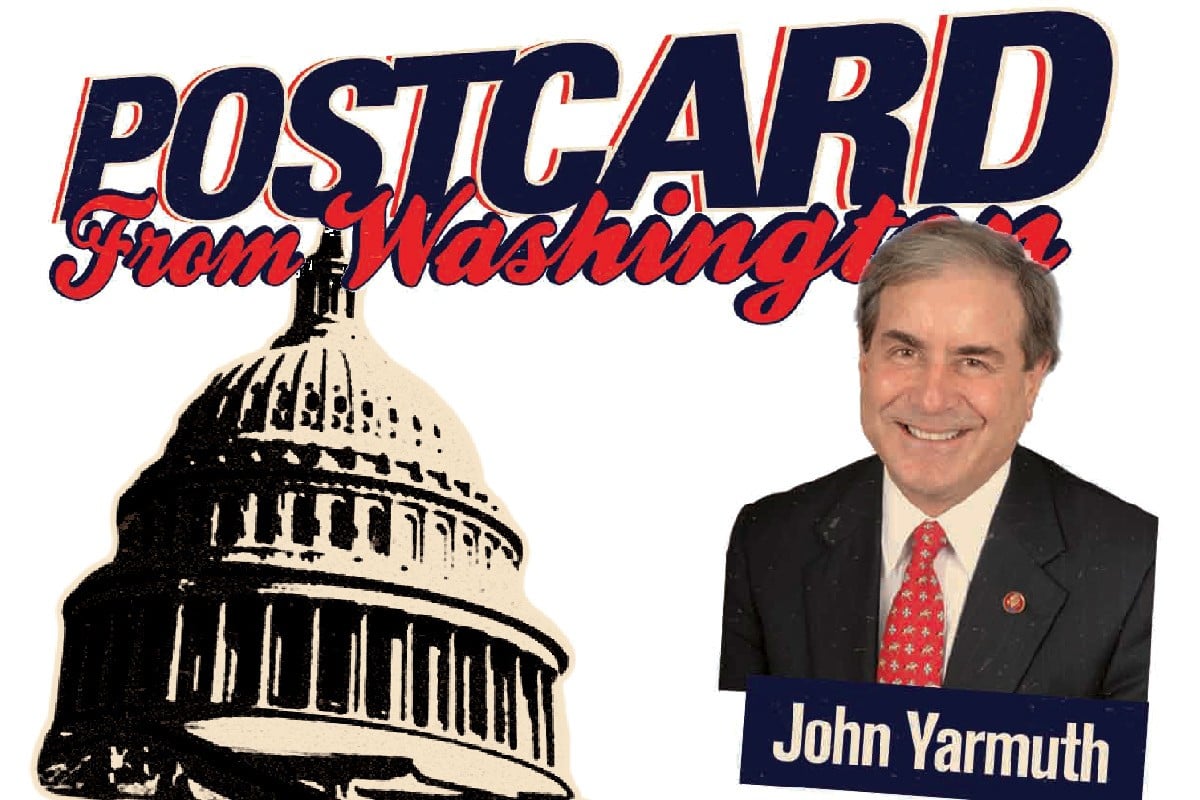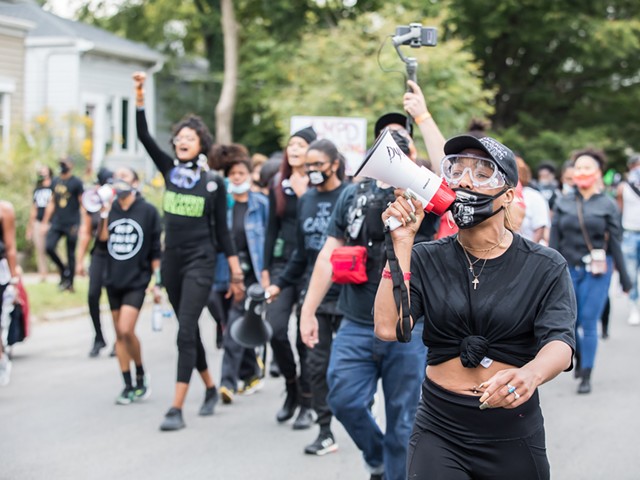There are at least two definitions of corrupt. One is to act dishonestly in return for money or personal gain and does not, so far as we know, describe Louisville Metro Police Department. Sadly, the second definition, to debase by making errors or alterations, precisely describes LMPD’s handling of the Breonna Taylor death. Even sadder is that a mounting stack of evidence indicates that the errors and alterations were deliberate.
Many in our community, myself included, are heartbroken over the loss of Ms. Taylor and the pain her loss and its aftermath have caused. We are sick that each night’s national news depicts Louisville as anything but the compassionate, empathetic city we like to think we are. We would rather not get Oprah’s and LeBron’s attention this way. We know we are better than how the world sees us.
And because I like so many of the fine officers I have met over the past 14 years, I am heartbroken that I have to write this column. But after the revelations of the last two weeks, we must face reality. LMPD — the institution and its culture — is corrupt.
We should have known long ago that something about this case was amiss. While Breonna Taylor was killed on March 13, most of us didn’t know anything about the debacle until early in May. The efforts of the police to control the public narrative should have been a red flag that we weren’t getting an accurate account of what happened when three officers knocked down Taylor’s door in the middle of the night.
We were told by LMPD that the officers announced themselves before battering the door. Indeed, Kentucky Attorney General Daniel Cameron told the Grand Jury that one witness had heard them say: “This is the cops.” Now we know, from information reported just last week, that the one witness, a week after the shooting, had denied hearing anyone announce themselves, but changed his story two months later after a call from the police. And by the way, at least 11 other witnesses denied hearing any announcement from the officers.
We were told that the three officers were not wearing body cameras that night, which may have been true but not honest. Because last week we saw body cam video from other officers that raises additional questions about the conduct of the raid. We also learned that Brett Hankison, the only officer indicted by the Grand Jury, entered Taylor’s apartment after the shooting to ask about and comment on the evidence there and left the scene of the crime, all in violation of department policy.
Then, there were the cynical attempts at deflection. A leaked LMPD report cast unsubstantiated allegations that Breonna Taylor was involved in drug trafficking, the activity at the core of this case. Even when offered a get-out-of-jail-free plea deal to implicate Taylor, Jamarcus Glover, the true target of the police that night, denied that she was in any way involved.
And then in the early morning hours Tuesday — on the eve of Cameron’s announcement — Sgt. Jonathan Mattingly penned a six-paragraph, department-wide email, calling protesters “thugs” and “criminals,” and saying they did the “legal, moral and ethical thing that night.”
What is eminently clear is that LMPD consciously tried to minimize and justify the actions of their officers in Breonna Taylor’s death and that for many who are tasked with protecting the public, the goal was neither to understand the failing that led to a woman being killed in her home or to protect against further injustice, but solely to defend the individuals and institution that killed her. While I remain convinced that most of our police officers are good public servants, it required many more than a few to either execute, or ignore, the attempted cover-up.
I have confidence that incoming acting LMPD chief Yvette Gentry is committed to changing the culture of the department and promoting vastly more transparency and accountability. Her job has gotten a lot harder than it was a few months ago.
U.S. Rep. John Yarmuth, founder of LEO, has represented Kentucky’s 3rd Congressional District since 2007 and is now chairman of the House Budget Committee.






